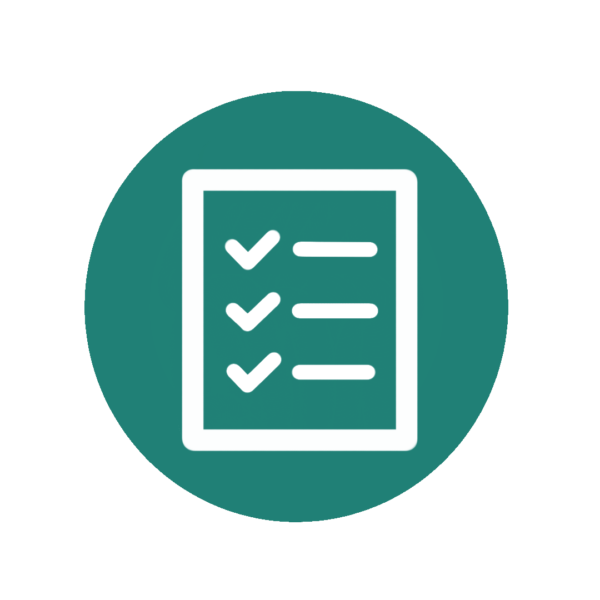Mental health checklist: find out if your mood swings are normal
Mental health

Mood swings or depression during pregnancy and within the first year after delivery can happen to any woman, regardless of age, income level, or race.
We prepared this checklist to help you track your mood and symptoms so you know whether what you go through is normal or not.
Mental health checklist
The following are some questions you can ask yourself:
- Are you feeling depressed or void of feelings?
- Do you feel hopeless?
- Do you lack interest in your baby?
- Do you find it difficult to concentrate?
- Does your brain feel foggy?
- Have you been feeling anxious or panicky?
- Do you experience palpitations?
- Do you often feel angry or irritable?
- Do you often feel dizzy?
- Do you find it difficult to sleep when the baby sleeps?
- Do you worry or fear a lot (especially about the health and safety of your baby)?
- Do you have flashbacks regarding the pregnancy or delivery?
- Have you been avoiding things related to the delivery?
- Do you have scary and unwanted thoughts?
- Have you been feeling an urge to repeat certain behaviors to reduce anxiety?
- Do you need very little sleep while still functioning?
- Do you feel more energetic than usual?
- Do you see images or hear sounds that others cannot see/hear?
- Do you have thoughts of harming yourself or the baby?
This checklist is not a diagnostic tool; it only serves as a guide for you to explore your mental state to know if you need to seek help. If one or more of those questions apply to you, you might be experiencing a form of mental health disorder, or have a mental issue that needs to be resolved. Seek professional help to get diagnosed and plan for treatment.
Risk factors
Knowing these risk factors of postpartum depression and mood disorders can help you communicate more effectively with your family and healthcare provider so they can put a strong self-care plan in place for you. You are at a higher risk of postpartum depression and postpartum anxiety if:
- You’ve had depression or anxiety in the past
- You’ve had bipolar disorder in the past
- You’ve had psychosis in the past
- You have a history of diabetes or thyroid issues
- There is a family history of mental illness
- You have a history of premenstrual syndrome (PMS)
- You have a history of sexual trauma or abuse
- Your pregnancy or delivery was traumatic
- You experienced pregnancy or infant loss
- Your baby is in the NICU
- You have relationship issues
- You’re experiencing financial struggles
- It’s a teen pregnancy
- You are a single mother/father
- You don’t have adequate social support
- You’re away from your home country
- You have challenges with breastfeeding
If you have one or more of these risk factors, try to observe your mood regularly. Mention it to your friends and family so they can look out for any of the symptoms of depression. Also, discuss it with your doctor. With the right help, anyone can prevent a worsening of the symptoms and can recover fully.
Thank you note
This discussion too was made in collaboration and with the support of the Pranaiya & Arthur Magoffin Foundation — Better Well-Being for Parent & Baby.
Verified:
Dr. Ketsupa Jirakarn (Mental health specialist) (1 August 2022)



